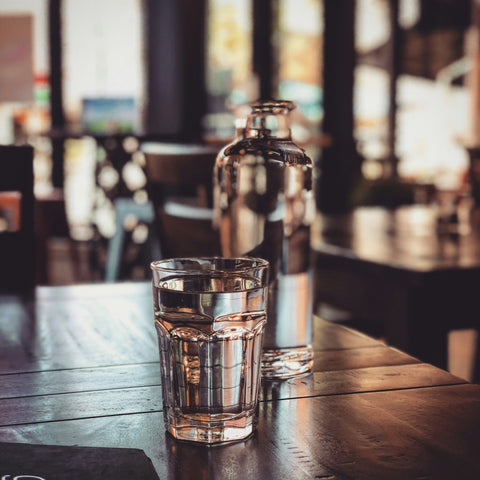Hydration: The Unsung Hero of Wellness

Hydration: The Unsung Hero of Wellness
Hydration might seem like a basic concept, but its impact on our health and performance is profound. Water is crucial for every cell, tissue, and organ in our body, playing an essential role in our overall wellness.
The Role of Water in the Body
Water facilitates countless bodily functions, including regulating body temperature, lubricating joints, transporting nutrients, and flushing out toxins. It's vital for the health of the brain, heart, and muscles, significantly affecting our physical performance and mental clarity.
Signs of Dehydration
Dehydration can manifest in many ways, some less obvious than others. Symptoms include thirst, dry mouth, fatigue, dizziness, and decreased urine output. Chronic dehydration can lead to more serious health issues, such as urinary tract infections, kidney stones, and even impaired cognitive function.
Hydration and Physical Performance
Adequate hydration is essential for optimal physical performance. Even mild dehydration can lead to a significant decrease in strength, stamina, and endurance. Staying hydrated helps maintain blood volume, allowing for better cardiovascular function and energy delivery to muscles.

Hydration for Weight Management
Water can play a crucial role in weight management. It can help regulate appetite and metabolism, with studies showing that drinking water before meals can reduce overall calorie intake.
Improving Cognitive Function and Mood
Proper hydration is essential for maintaining cognitive function and mood. Dehydration can affect concentration, memory, and alertness, and has been linked to increased feelings of anxiety and fatigue.
How Much Water Do You Need?
The amount of water needed can vary based on factors such as age, weight, climate, and activity level. A general guideline is to drink at least 8-10 glasses of water a day, with more needed during hot weather or physical activity.
Tips for Staying Hydrated
- Keep a Water Bottle Handy: Having water within reach makes it easier to drink regularly.
- Eat Water-Rich Foods: Fruits and vegetables like cucumbers, oranges, and watermelons can help with hydration.
- Monitor Your Urine: The color of your urine is a good indicator of hydration levels; aim for a light straw color or clearer.
- Set Reminders: Use apps or set alarms as reminders to take sips of water throughout the day.
- Flavor Your Water: If you find plain water unappealing, try adding slices of fruits or herbs to enhance the taste without adding significant calories.
Understanding Electrolytes
While water is crucial, maintaining a balance of electrolytes like sodium, potassium, magnesium, and calcium is also essential, especially during intense exercise or high heat. Electrolytes help regulate nerve and muscle function, hydrate the body, balance blood acidity and pressure, and help rebuild damaged tissue. Incorporating electrolyte-rich foods or drinks after significant sweating can help replenish these vital minerals.





Comments